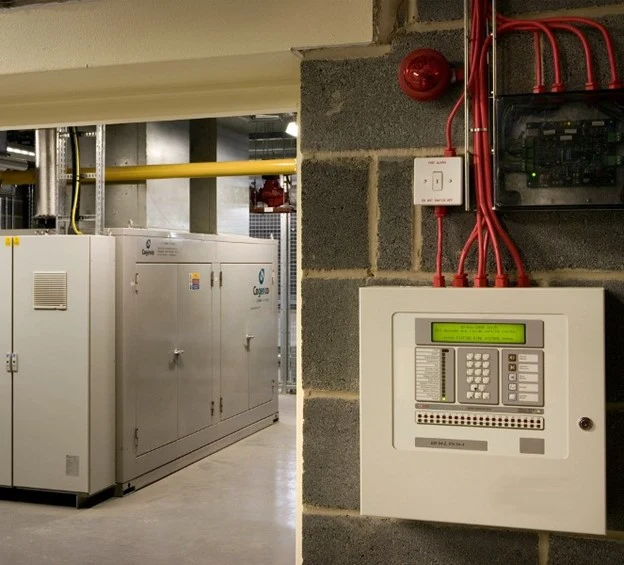
Premises Security: Swift Evacuation Tips
Ensuring the safety of your premises goes beyond just fortifying against potential intruders; it’s equally crucial to prioritize ease of evacuation, particularly in today’s climate of heightened crime rates and



